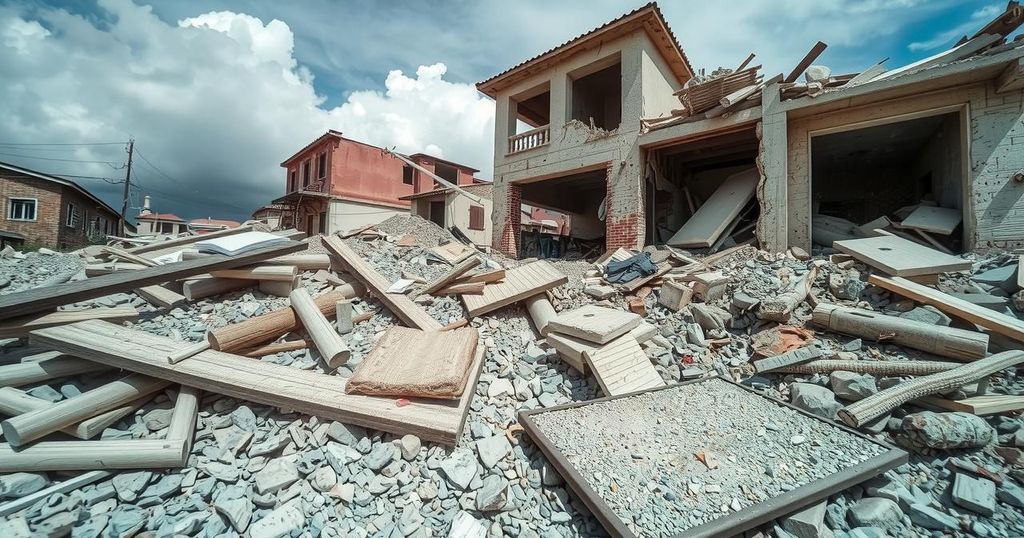Reflections on January 12: A Day of Historic Impact and Tragedy

January 12 marks significant historical events: the devastating 2010 Haiti earthquake, Congressional authorization for the Iraq war in 1991, a deadly Hajj stampede in 2006, and the Supreme Court of India halting controversial farm laws in 2021. Each event highlights critical social and political dynamics that continue to impact global and local communities.
January 12 has been pivotal in history with several significant events marking this date. In 2010, Haiti experienced a catastrophic earthquake, measuring 7.0 on the Richter scale, which resulted in over 300,000 fatalities and widespread destruction, severely impacting the lives of three million individuals, leaving many homeless. In 1991, the United States Congress, under President George H.W. Bush, voted 250 to 183 to authorize military action against Iraq following its invasion of Kuwait. The aftermath saw the first televised combat operation conducted by the U.S., liberating Kuwait in a matter of weeks. Equally tragic was the 2006 Hajj stampede in Mina, Saudi Arabia, where a lethal series of events numbered over 300 deaths as pilgrims were caught in a chaotic scene during a religious ritual. Lastly, on this day in 2021, the Supreme Court of India put a temporary halt on three controversial farm laws, acknowledging the protests led by farmers and the need for negotiations. Despite a committee being formed, the farmers chose not to participate, leading to a surprising repeal of these laws by Prime Minister Narendra Modi in November.
Throughout history, January 12 has witnessed various events that have significantly influenced international and national politics, social dynamics, and culture. The earthquake in Haiti is among the worst natural disasters in recent memory, highlighting issues of disaster preparedness and recovery in vulnerable nations. The U.S. Congressional vote to engage in combat against Iraq initiated a series of military actions with profound consequences for global geopolitics. The Hajj stampede sheds light on the pilgrimage’s complexities and inherent perils despite extensive safety measures. Similarly, the legal and social turmoil surrounding the farm laws in India exemplifies the dynamics of governance and civil rights regarding agriculture.
In summary, January 12 serves as a somber reminder of the vulnerability of nations in the face of natural disasters and the complexities of international and domestic politics. The events of this day underscore the far-reaching effects of governance decisions, social movements, and the need for effective disaster management and communication strategies. These historical moments shape our understanding of current issues and guide future responses.
Original Source: www.firstpost.com







